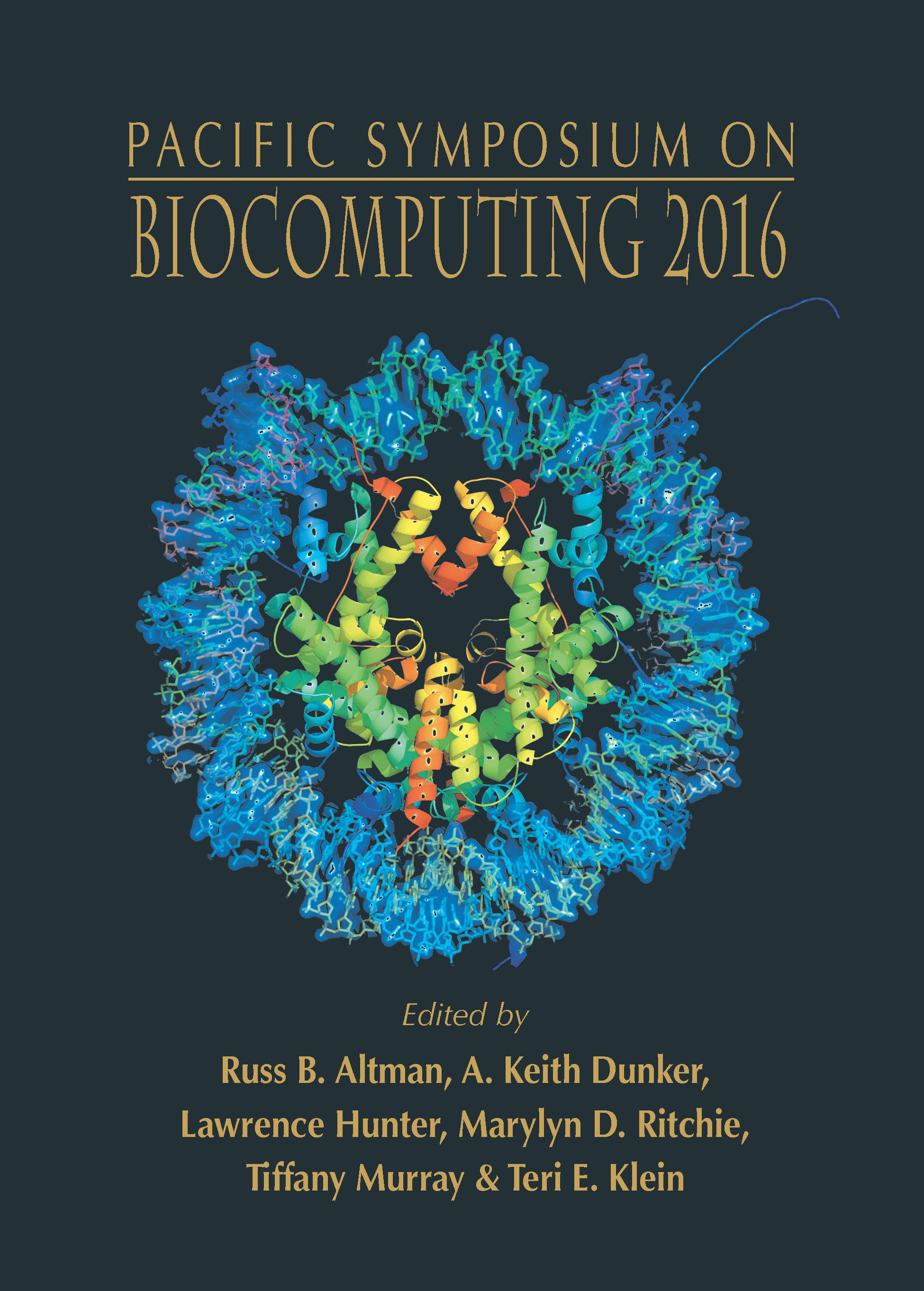
Ryan Sullivan, Abeed Sarker, Karen O'Connor, Amanda Goodin, Mark Karlsrud, Graciela Gonzalez
Department of Biomedical Informatics, Arizona State University
Email: rpsulli@asu.edu, abeed.sarker@asu.edu, karen.oconnor@asu.edu, agoodin@asu.edu, mkarlsru@asu.edu, graciela.gonzalez@asu.edu
Pacific Symposium on Biocomputing 21:528-539(2016)
© 2016 World Scientific
Open Access chapter published by World Scientific Publishing Company and distributed under the terms of the Creative Commons Attribution (CC BY) 4.0 License.
Although dietary supplements are widely used and generally are considered safe, some supplements have been identified as causative agents for adverse reactions, some of which may even be fatal. The Food and Drug Administration (FDA) is responsible for monitoring supplements and ensuring that supplements are safe. However, current surveillance protocols are not always effective. Leveraging user-generated textual data, in the form of Amazon.com reviews for nutritional supplements, we use natural language processing techniques to develop a system for the monitoring of dietary sup- plements. We use topic modeling techniques, specifically a variation of Latent Dirichlet Allocation (LDA), and background knowledge in the form of an adverse reaction dictionary to score products based on their potential danger to the public. Our approach generates topics that semantically cap- ture adverse reactions from a document set consisting of reviews posted by users of specific products, and based on these topics, we propose a scoring mechanism to categorize products as “high potential danger”, “average potential danger” and “low potential danger.” We evaluate our system by com- paring the system categorization with human annotators, and we find that the our system agrees with the annotators 69.4% of the time. With these results, we demonstrate that our methods show promise and that our system represents a proof of concept as a viable low-cost, active approach for dietary supplement monitoring.